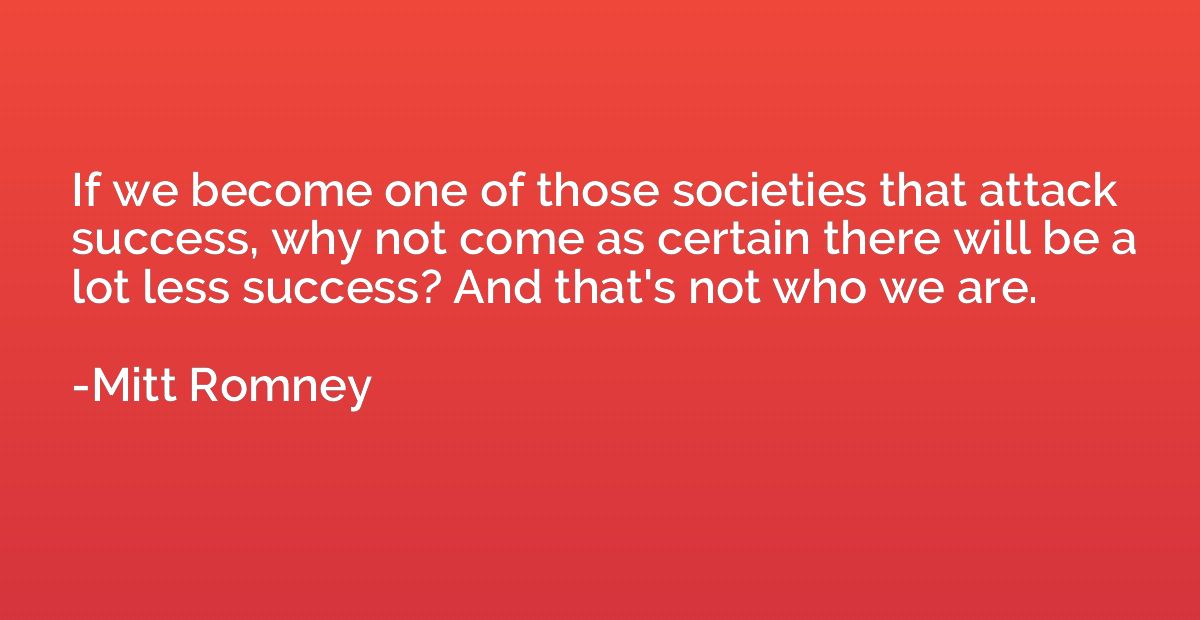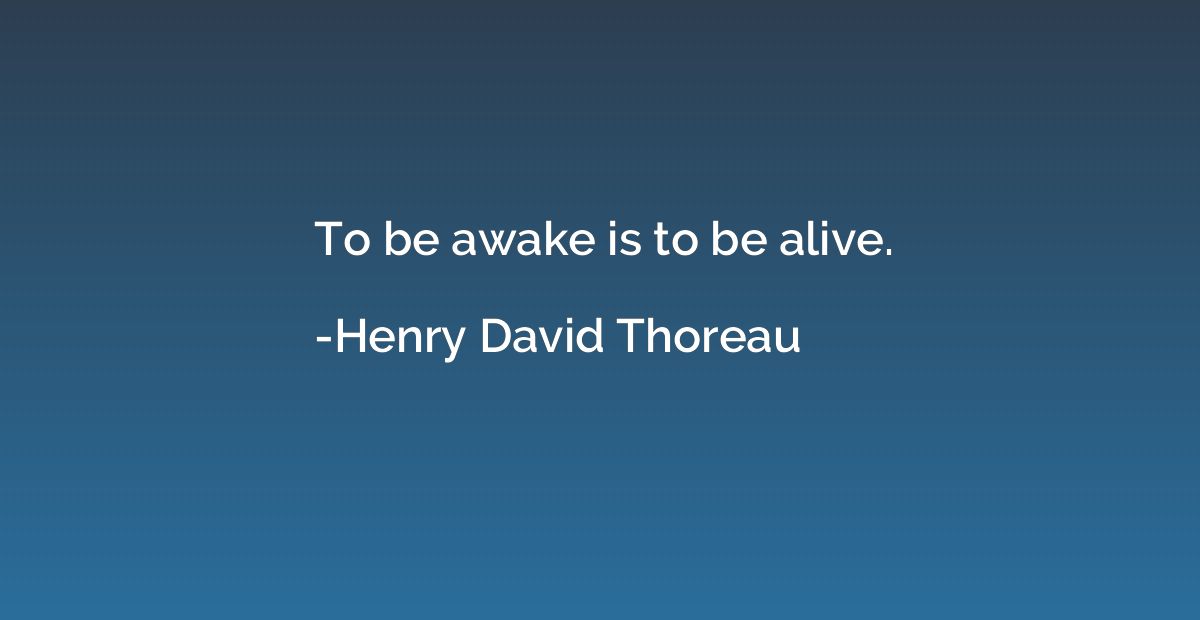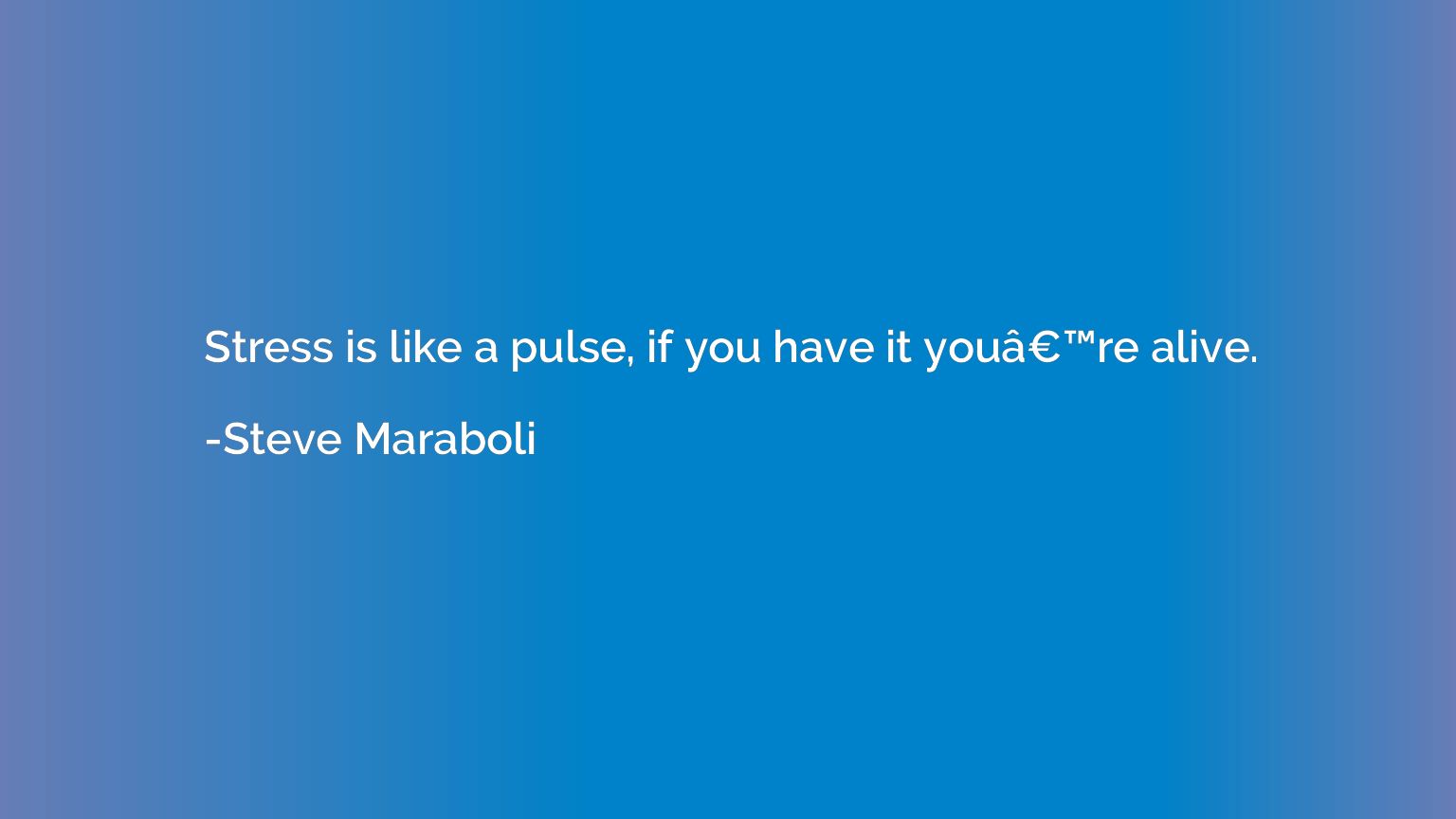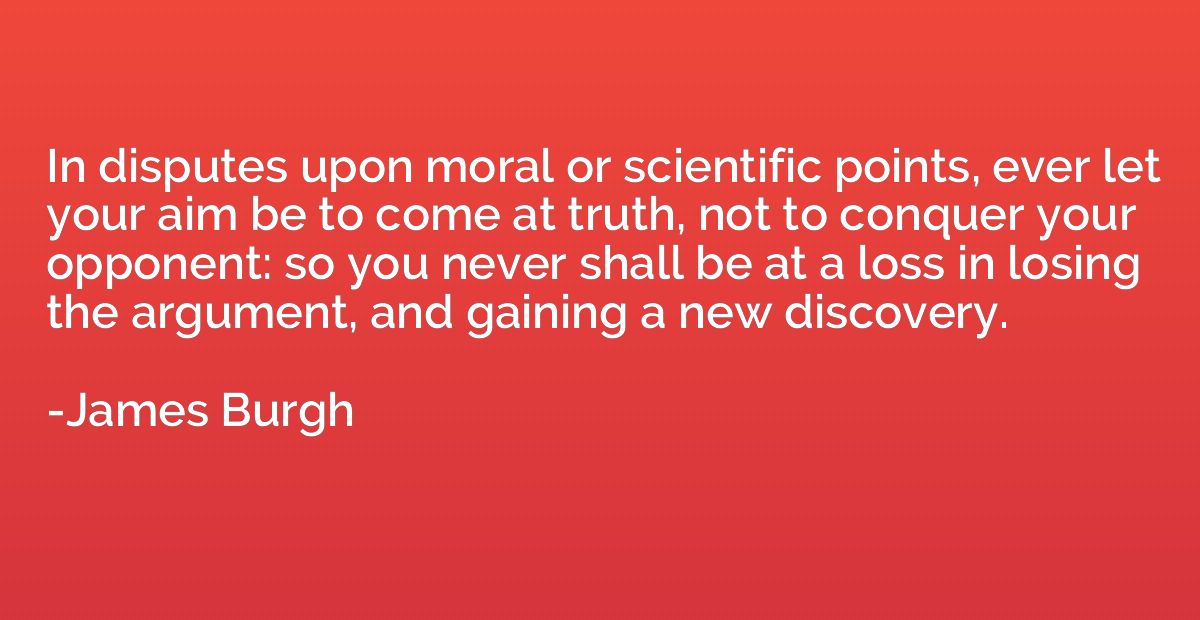Quote by Jean Paul Richter
We learn our virtues from our friends who love us; our faults from the enemy who hates us. We cannot easily discover our real character from a friend. He is a mirror, on which the warmth of our breath impedes the clearness of the reflection.
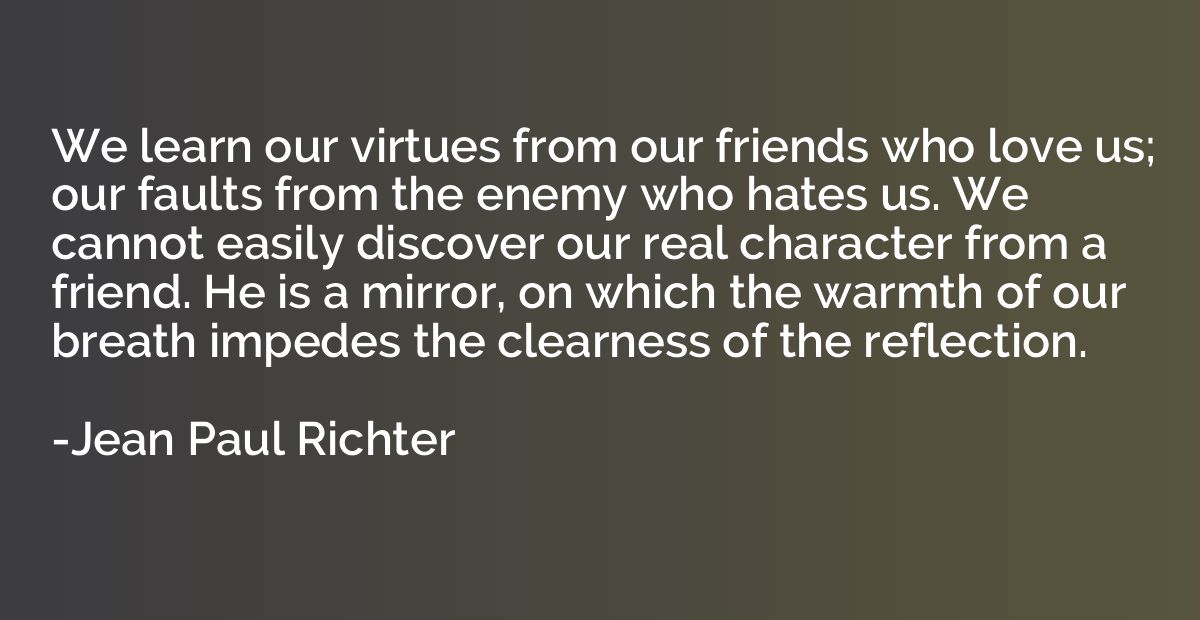
Summary
This quote suggests that our true character is revealed through the interaction with both friends and enemies. While friends may teach us virtues, they may also inadvertently hide our faults by being biased towards us. Our enemies, on the other hand, see us more objectively and can illuminate the flaws we possess. The quote implies that a clear self-perception can only be achieved by considering the feedback and perspectives of both friends and enemies, as they offer different insights into our true nature.




